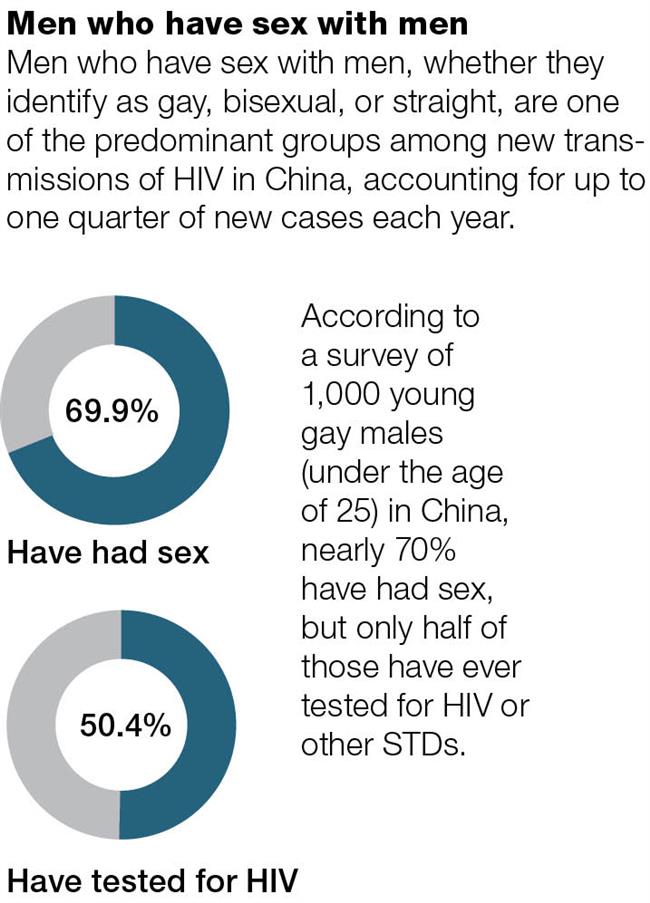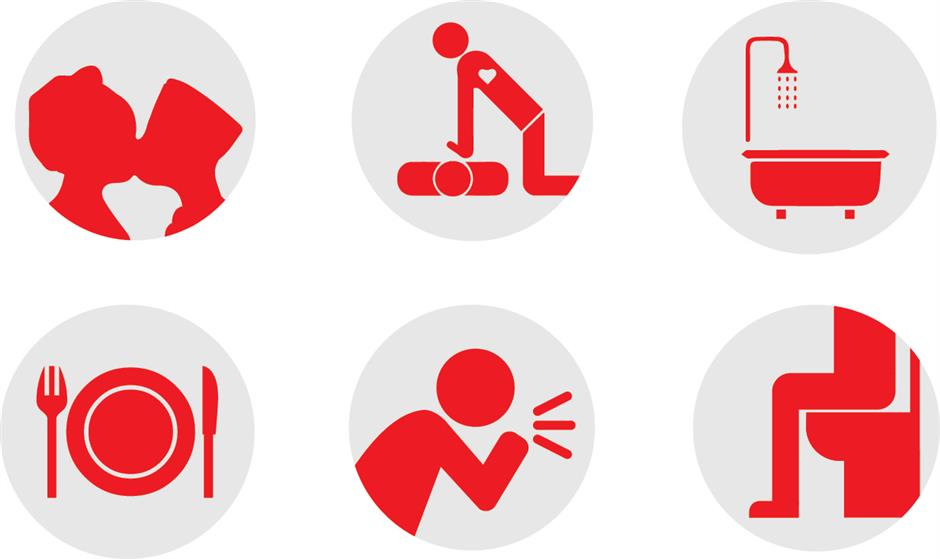Debunking myths about HIV

How do people catch HIV?
There are five methods of acquiring HIV worldwide that make up the vast majority of recent transmissions of the virus.

Who does HIV mainly affect in China?
Firstly, it’s important to remember that HIV can affect anyone, regardless of gender, sexuality, age, marital status, ethnicity, or class. Having said that, there are four main groups who are acquiring HIV more than others.


Busting myths about HIV
There are many myths about HIV that remain from the days when not much was known about the virus more than 30 years ago. Debunking these myths is really important, especially in reducing stigma around those with HIV.
You cannot catch HIV from ...
Touching, hugging, kissing, sharing food, sweat, saliva, feces, bathing or swimming, toilet seats, urine, cups, insect bites, performing CPR, coughs, sneezes.
There is risk of transmission if blood is present and if the person giving CPR has open wounds in their mouth or on their lips.

HIV is not just a gay man’s disease
When HIV first hit the news more than 30 years ago it largely affected intravenous drugs users and gay men, but things have changed drastically. HIV can affect anyone, of any age, sexuality, race, marital status or class. In fact, one of the largest growing areas of new HIV infections is amongst heterosexual women.
HIV-positive people can have kids
Many still believe that HIV positive men and women can’t have children, but this is not true. There are many methods available for those with HIV to become mothers and fathers to healthy, negative children.
You can’t tell if someone has HIV or not by how they look
Some people still believe that people carrying HIV all look sick and frail, and that you can therefore judge by appearance who has HIV and who doesn’t — this is absolutely untrue.
People with HIV can live long and healthy lives
It used to be that those with HIV would die within around ten years. That’s not the case now, because antiretroviral treatments today mean that the virus, while still present in the body, is practically undetectable.
The virus, therefore, will be kept at bay, effectively meaning that people with HIV will no longer die — or even become sick — from complications arising from the virus.
People with HIV who are on treatment cannot pass on the virus
Recent large-scale studies have found that those carrying HIV who religiously take their medication and whose virus level has become “undetectable” cannot pass on the virus to their sexual partners, even if condoms aren’t used.
In fact, many couples where one partner is negative and one is positive live normal and healthy lives.















